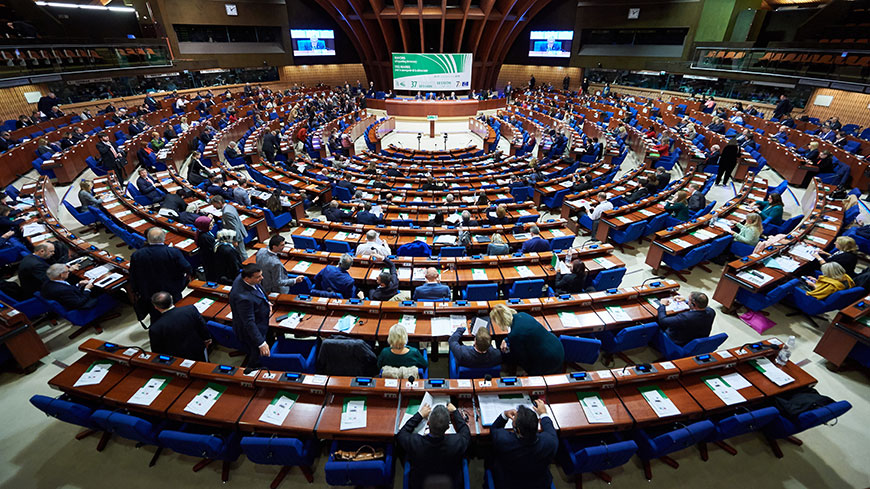In its report on the Russian Federation adopted today, the Congress of Local and Regional Authorities of the Council of Europe noted with satisfaction the developments that have taken place since 2010: the principle of local self-government is now recognised both in the Constitution and in ordinary legislation, the provisions of the European Charter of Local Self-Government are applied by the Constitutional Court in its case law, and a great variety of instruments of citizens’ participation in local public affairs is available. Other positive changes that have been introduced in response to the Congress recommendation of 2010 include the reduction of minimum numbers of members for registration of political parties, the registration of candidates supported by associations and groups, and the re-introduction of direct election of governors in most of the federal subjects of the Russian Federation.
However, co-rapporteurs Jakob Wienen (Netherlands, EPP/CCE), and Stewart Dickson (United Kingdom, ILDG) noted several cases of non-compliance with the Council of Europe’s principles that pose a “general problem for the development of local and regional democracy in the country”. In particular, the rapporteurs regret a low share of public affairs under the responsibility of local authorities, a lack of financial resources available to them, and an unclear division of competences between different levels of government. Moreover, they express their concern about the access to electoral rights in Russia, namely the limited freedom of independent and opposition candidates to stand for local and regional elections.
At the same time, the rapporteurs expressed their concern regarding the access of independent and opposition candidates to electoral rights as a result of legal requirements for candidates to gather a considerable number of signatures in support of their candidatures. “To register as a candidate for a post of a deputy in Moscow City Duma (Moscow legislature), one must gather from 5 to 6 thousand signatures. And, even if this requirement is met, other obstacles may emerge,” said Jakob Wienen, stressing how these filters hinder independent and opposition candidates’ access to electoral rights and create an un-level playing field in elections.


